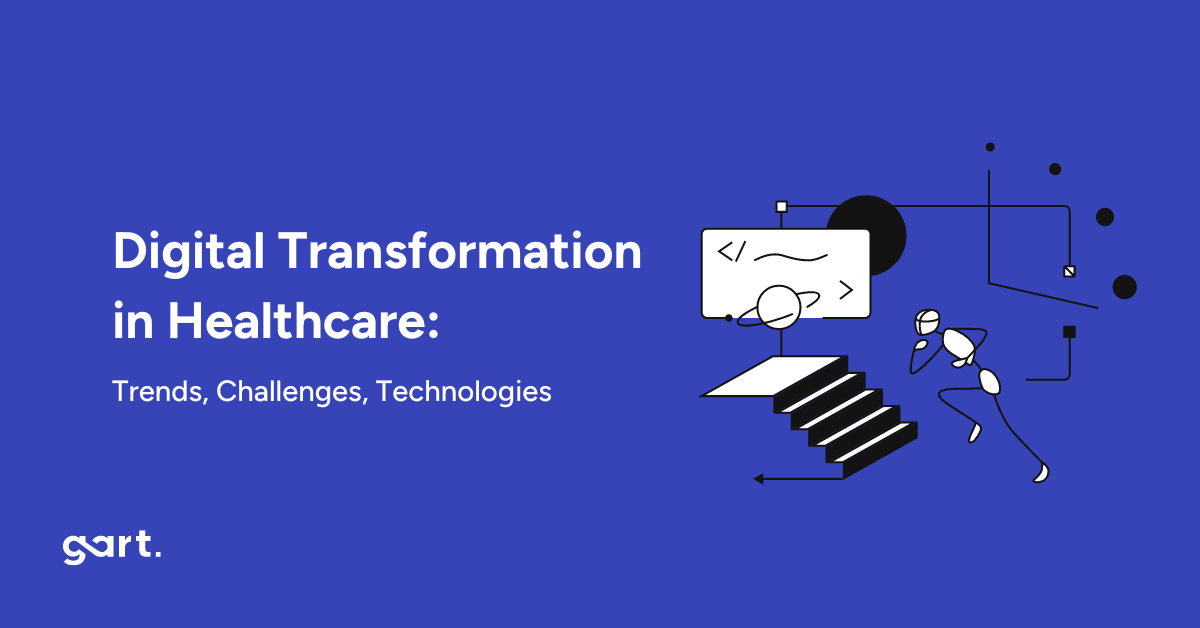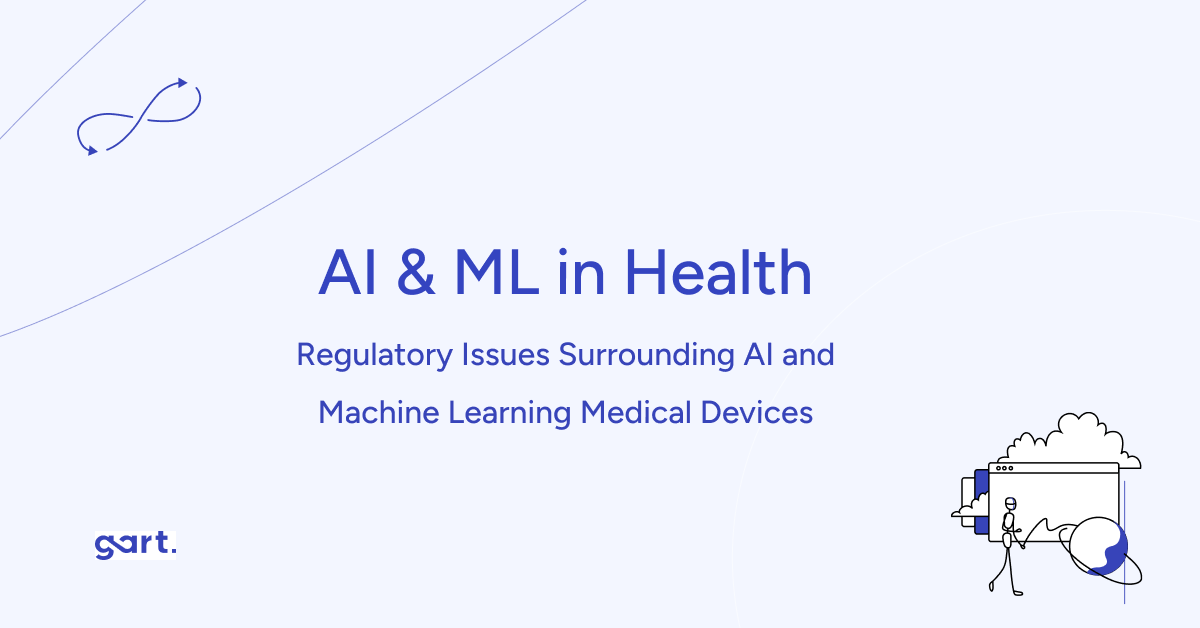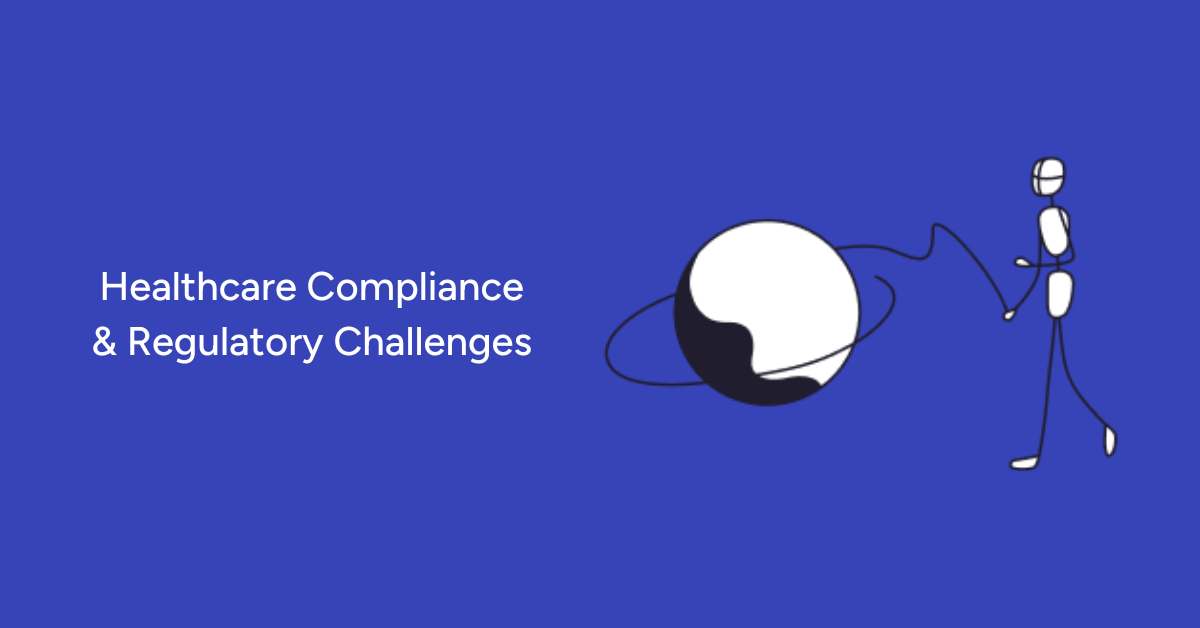What are the key healthcare technology trends for 2026?
The healthcare tech landscape in 2026 is shaped by rising investment in cybersecurity, AI-driven diagnostics, EHR interoperability, telemedicine, and predictive analytics. These innovations are transforming care delivery, reducing costs, and improving patient outcomes globally.
Digital Transformation in Healthcare: A Defining Shift
Healthcare is on the edge of digital transformation: innovative advancements are reshaping the industry.
Healthcare is experiencing a massive wave of digital transformation. Innovations in technology are accelerating the shift to smarter, more accessible, and data-driven care. Providers and payers alike are increasing IT budgets to optimize operations and deliver improved outcomes.
According to the 2024 KLAS Healthcare IT Spending Report, 75% of healthcare organizations plan to increase tech investments, prioritizing operational efficiency, reducing clinician burden, and improving care delivery.

Picture 1: Increased IT costs spending
Meanwhile, Precedence Research projects that the healthcare information systems market will grow from USD 519.23 billion in 2024 to over USD 1.77 trillion by 2034, nearly tripling in just a decade.
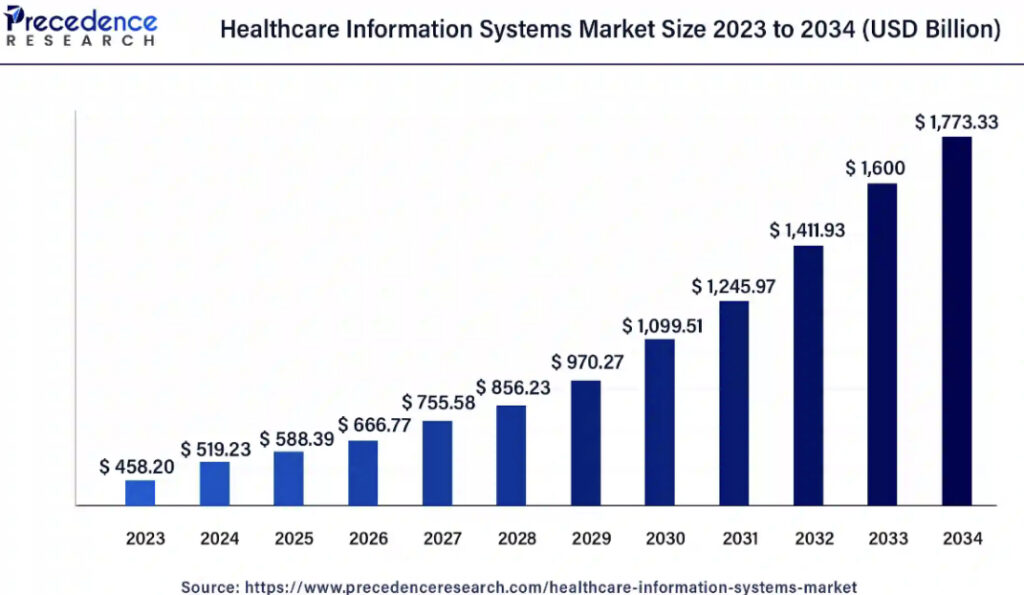
Picture 2: Healthcare Information Systems Market Size 2023 to 2034 by Precedence Research
Healthcare IT budgets now emphasize critical areas like cybersecurity, interoperability, and AI-driven solutions, reflecting the industry’s response to escalating cyber threats and the need for seamless data exchange (due to KLAS report healthcare IT spending 2024). Among the priorities of healthcare organizations are to audit internal systems, current vendors and review cybersecurity measures or spend more on professional cybersecurity services (contact Gart to conduct security audit and identify vulnerabilities, mitigate risks, and ensure compliance).
Where Are IT Budgets Going in 2026?
- Cybersecurity: Post-breach urgency has driven record spending on managed security services and internal audits.
- Interoperability & FHIR Standards: A top priority for seamless data sharing between systems.
- AI & Analytics: Accelerating diagnosis and enhancing clinical decision-making.
- Infrastructure Audits: Organizations are reviewing vendor contracts and internal systems to harden infrastructure and reduce risk.
Need a fast, actionable IT checkup?
Schedule a Quick Wins IT Audit with Gart Solutions to assess infrastructure, security, and vendor readiness. Reach out to see how Gart can simplify and accelerate your processes.
Current Trends in Healthcare Technology
Based on the research by KLAS healthcare IT spending report, current trends are defined as following:
1. Electronic Health Records (EHR) and Interoperability
According to Bain’s 2024 Provider and Payer HCIT Survey, data platforms and interoperability rank among the top three priorities for healthcare providers. The adoption of FHIR standards has enabled smoother data exchange, but challenges like cost and legacy system integration persist.
2. Telemedicine and Remote Monitoring
Post-pandemic, telemedicine usage surged by over 70%, driven by the need to provide accessible care. Remote monitoring technologies now allow healthcare providers to manage chronic conditions more proactively, reducing hospital admissions by as much as 25% in pilot programs.
3. Artificial Intelligence (AI) and Machine Learning (ML)
AI and ML adoption has accelerated, with 15% of providers now having an established AI strategy, up from 5% in 2023. AI-powered tools, such as predictive analytics and clinical decision support, have demonstrated their ability to improve diagnostic accuracy and reduce administrative burdens.
4. Internet of Medical Things (IoMT) and Wearable Devices
The IoMT market is projected to grow by 25% annually, driven by increased consumer adoption of wearable devices. These devices enhance real-time monitoring, helping to detect early health warnings and reducing unnecessary ER visits.
5. Cybersecurity in Healthcare
Following breaches like the Change Healthcare attack, 70% of healthcare providers now audit internal systems, enhance redundancy, and turn to managed security partners. The cost of non-compliance is no longer tolerable.
6. Predictive Analytics in Healthcare
Predictive analytics tools have the potential to reduce hospital readmissions by up to 20% and optimize care delivery for high-risk populations. By leveraging AI, healthcare providers can make more informed, data-driven decisions while improving resource allocation.
7. Blockchain for Secure Data Exchange
Beyond cryptocurrency, blockchain offers secure data management in healthcare. From safeguarding patient data to verifying supply chains, blockchain supports secure and transparent healthcare operations.
8. Personalized Medicine and Genomics
Advances in genomics are driving a shift to personalized medicine, with treatments tailored to genetic profiles. This approach enables early disease detection, targeted therapies, and fewer side effects.
9. Digital Mental Health Tools
Apps and virtual therapy platforms are expanding access to care and helping reduce stigma. Mental health is now central to population health strategies.
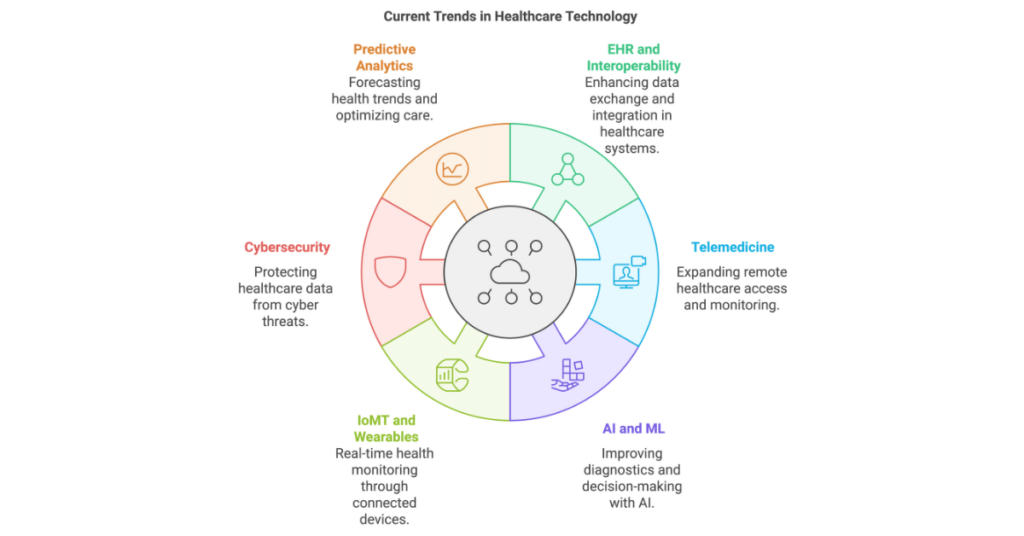
Picture 4: Trends in Healthcare Technology
How Gart Solutions Supports Healthcare’s Evolution
At Gart Solutions, we help e-health providers, digital health startups, and medtech innovators future-proof their technology. Our team specializes in:
- Building scalable, secure, and HIPAA-compliant infrastructures
- Optimizing CI/CD workflows and automation pipelines
- Enabling interoperability and cloud-native transformations
Discover how our Quick Wins IT Audit can help optimize your IT infrastructure, security, automations and create a report with a list of potential improvements and benefits.
Key insights from Gart Solutions: meeting the challenges of 2035
Given these trends, Gart Solutions is focused on equipping healthcare organizations with technology and effective IT strategies for sustainable growth.
Our expertise in IT consulting for healthcare products and providers, as well as digital transformation services enable e-health and medtech organizations to build IT infrastructures that are secure, adaptable, and patient-focused.
Real Results: Healthcare Case Studies
Working with healthcare leaders like BrainKey.ai and Medwrite.ai, we’ve helped:
- Improve patient data management with FHIR-aligned architectures
- Implement secure infrastructure automation pipelines
- Reduce costs and enable better collaboration across provider networks.
Conclusion
As healthcare technology advances, Gart Solutions is here to guide e-health organizations (digital health startups, healthcare providers, manufacturers, etc.) through this evolution.
We are on a mission to help e-health organizations move toward a more efficient, patient-centered future.
Our commitment to building resilient, patient-centered infrastructures helps providers deliver quality care that meets the demands of tomorrow, strengthening the healthcare ecosystem and driving improved outcomes.
At Gart Solutions, we’re committed to helping healthcare providers, medtech startups, and digital health innovators embrace the trends shaping 2026 and beyond. From AI to cybersecurity to personalized medicine, we help build the infrastructure to support it all.
Ready to align your IT with the future of care?
Gart Solutions offers a Quick Wins IT Infrastructure Audit to help e-health organizations identify areas for improvement and prepare for the future. This service assesses infrastructure, security, and data management, delivering actionable insights in a tailored report.
Also, learn more about Healthcare services we offer.


